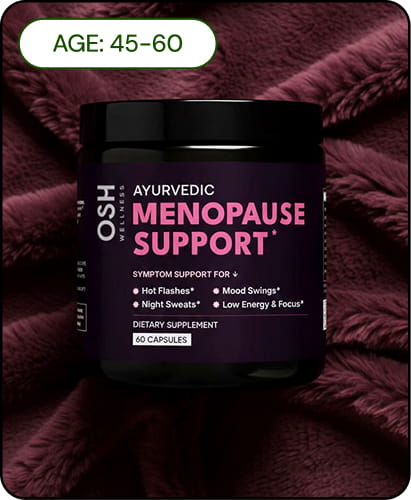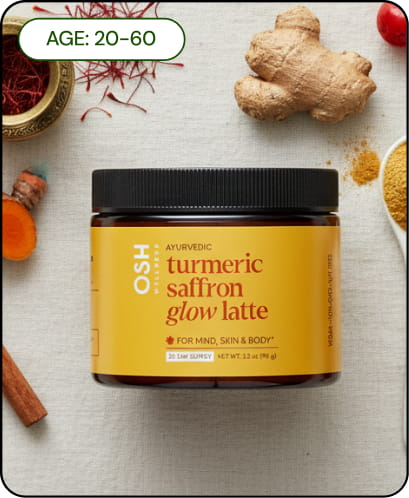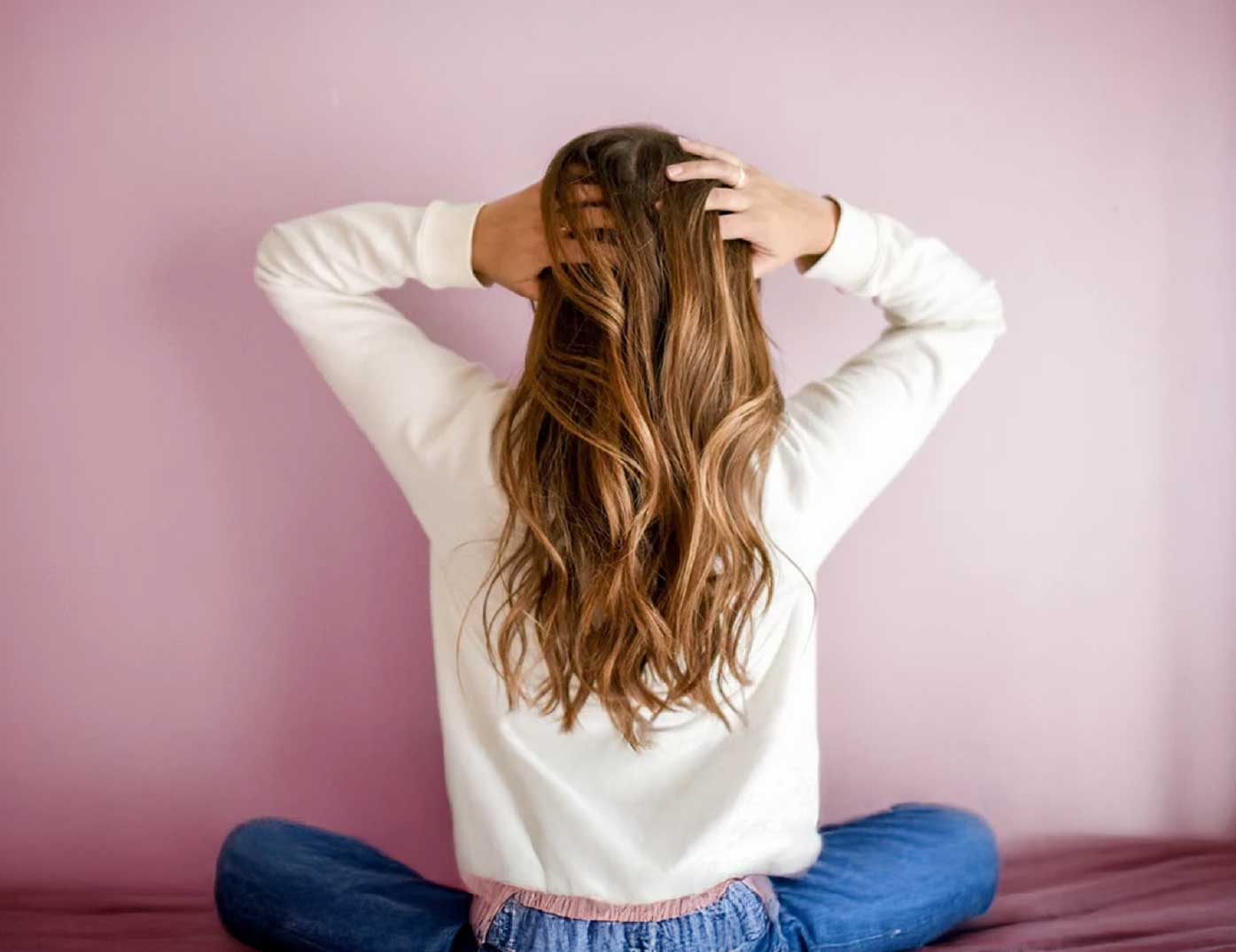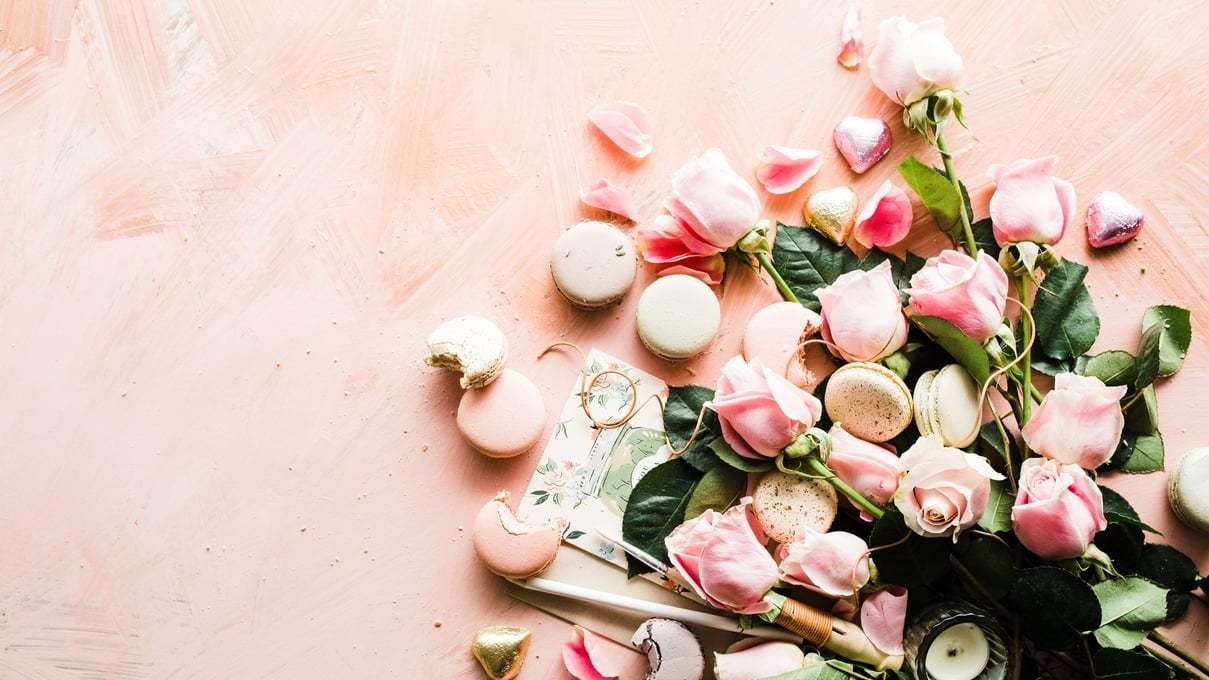Table of contents
The postpartum period is one of the busiest and overwhelming phases of a woman's life. The last thing you need during this period is the added stress of losing hair quickly. It starts slowly, but you may start noticing thicker chunks of hair falling out in the shower, or increased strands of hair on your hairbrush and the bathroom floor. Before you panic, you should know that it is normal during the postpartum period.
What causes postpartum hair loss?
An average person loses roughly 100 strands of hair a day. When someone is losing excessive amounts of hair and shedding constantly, this can mean a few different things. It could be a sign of a thyroid issue, anemia, or a vitamin D deficiency. All of these are common to find in postpartum women, which is perhaps why a lot of women report seeing a loss of hair after they give birth (sometimes upwards of 400 strands a day).
In one study, hair follicles during pregnancy were examined in a random selection of women and found that 85% of the non-pregnant women were in the growth phase, and when they entered their second trimester, the growth phase increased to 95%. However, three months post-delivery, only 77% women were found to be still in growth phase! That is quite the decrease in new hair strands being produced!
Another more common cause of postnatal hair loss is the reduced level of estrogen in a woman's body after delivery. During pregnancy, you may have noticed thicker hair and reduced hair fall. This is due to an increased level of estrogen in the body, which blocks hair fall. Soon after delivery, the estrogen levels fall back to normal levels, causing all the excess hair strands that you accumulated during pregnancy to fall out.
Most women start noticing increased hair fall around 3 months postpartum, though it can start soon after delivery or even after 6 months, and may last 6-12 months.
The good news is that you can reduce postpartum hair loss and shedding naturally by taking care of your nutrition, increasing your intake of certain key nutrients, and nourishing your hair and scalp with some traditional home remedies.
Omega 3 Fatty Acids
Fats are your friends! Well, at least these kinds of fats are. Omega-3 fatty acids help to reduce inflammation, nourish the hair follicle, promote blood circulation, and moisturize the scalp to prevent dryness and dandruff. These healthy fats also promote hair growth, prompting new hair follicles to be produced once a strand is shed from the scalp. You can find these fats naturally in sources like mackerel, salmon, herring, oysters, sardines, as well as flax/chia seeds, nuts, basil, Brussels sprouts, seaweed, eggs, soy beans, and spinach.
Iron
A significant number of postpartum women can experience low levels of iron or even anemia. A study found that 26% of women are iron deficient one week after a normal delivery. Anemia can happen when there is a chronic lack of iron in your body, thus preventing the body from producing enough hemoglobin, which carries oxygen for the growth and repair of cells. This is why it is essential to eat foods rich in iron not only throughout the pregnancy, but also during the postpartum stage. You can easily increase the intake of this mineral by eating nutrient-dense foods such as dark, green leafy vegetables, legumes and lentils, squash, chia seeds, tofu, beef, oysters, and chicken.
Ginger infused coconut oil

You probably hear often that ginger has many stimulating and healing qualities, but did you know that ginger can help encourage hair growth? The natural warming effects of ginger help to increase scalp blood circulation. This magical root contains the antioxidant gingerol, which helps to fight against free radical damage and cell repair. Ginger-infused oils have even been used as natural hair conditioners, as it is rich in minerals and essential oils to help the hair be more manageable, softer, and shinier! Ginger also has anti-inflammatory and antiseptic properties, which help clean the scalp! Talk about a powerhouse remedy for your hair.
You can easily make your own ginger-infused oil at home with only two ingredients: ginger and oil! (preferably extra virgin coconut oil, as it penetrates the scalp and hair follicles deeper).
Directions:
- Grate 1 tablespoon of ginger finely or blend into a fine paste
- Using a muslin cloth or nut milk bag, strain out the ginger juice
- Combine ginger juice with warm coconut oil and stir well
- Massage the infused oil into your scalp
- Wash thoroughly after one hour
- Repeat once or twice weekly for best results
Avocado hair mask

Hair growth starts with a healthy scalp, hydrating the “root cause” of the follicle. That’s why making sure your scalp is healthy and hydrated is a must when dealing with postpartum hair loss and encouraging new hair growth. One way to promote this is by making your own hydrating scalp mask at home with three ingredients - avocado, coconut oil, and egg yolks. Sounds weird, right? But these three ingredients are used worldwide to help promote healthy, long, luscious hair and stimulate follicle growth!
We know why coconut oil is recommended, but what about avocado and egg yolks? The oils in avocado help to rejuvenate and moisturize the scalp and is full of proteins and vitamins to help feed the scalp what it needs in order to thrive. Egg yolks are rich in sulfur, which is a main mineral needed for healthy hair, as well as high in protein to help nourish.
Directions:
-
Combine 2 egg yolks, ¼ cup coconut oil (melted), and 4 tablespoons of mashed avocado to a bowl.
-
Mix all together.
-
Using fingers or a spoon, apply mask to scalp and massage for five minutes.
-
Let it soak into scalp for one hour (you may apply saran wrap on head if you’d like).
-
Wash out thoroughly.
Be kind to your hair
Invest in yourself and your hair and enjoy a self-care day once in a while. Make sure to get frequent trims in order to keep the dead ends off and healthy. Try your best to avoid heat styling as much as you can, i.e. curling or flat ironing. Avoid harsh chemical-filled shampoos, conditioners, and styling products. Try to find naturally based products that are not filled with harmful fragrances, colors, parabens, etc.
Postpartum hair loss for most women can be inevitable when not proactively attended to, and the severity can vary from person to person. Making sure to eat a diet rich in whole foods and nutrient dense meals can help aid in the massive transition your body is going through. Keeping hair growth healthy through natural herbal remedies like ginger infused oil can also help in preventing and reducing hair loss in the postpartum period.
The postpartum stage can be a hard one for some, so treating yourself to some self-care could be just what you need in order to look and feel like yourself again!
Sources
- https://core.ac.uk/download/pdf/82326339.pdf
- https://www.abbeyskitchen.com/postpartum-hair-loss/
- https://www.healthline.com/health/thyroid-and-hair-loss#connection
- https://parenting.firstcry.com/articles/postpartum-anemia-symptomscauses-and-treatment/
- https://www.hairbuddha.net/ginger-for-hair-growth/
- https://diaryofafitmommy.com/how-to-reverse-postpartum-hairloss








